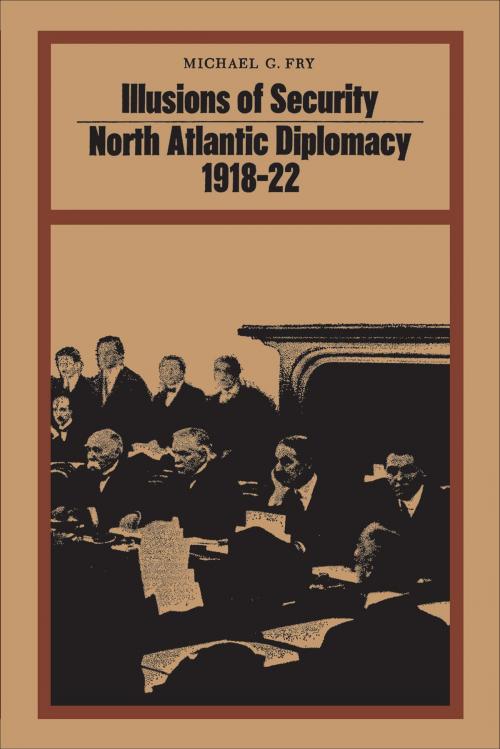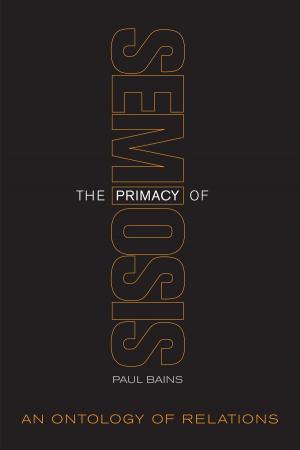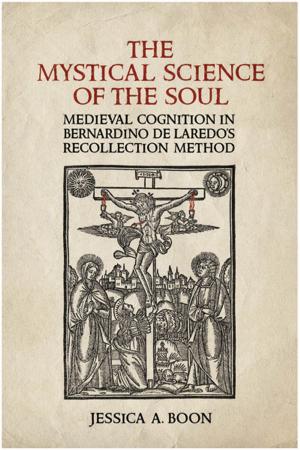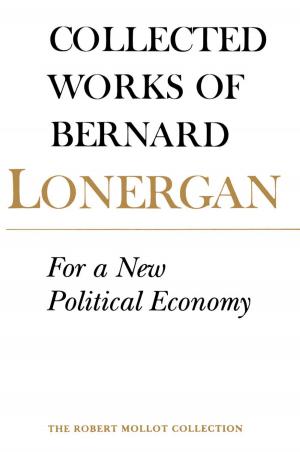Illusions of Security
North Atlantic Diplomacy 1918-22
Nonfiction, History, Military, World War I, Modern, 20th Century| Author: | Michael Fry | ISBN: | 9781487597313 |
| Publisher: | University of Toronto Press, Scholarly Publishing Division | Publication: | December 15, 1972 |
| Imprint: | Language: | English |
| Author: | Michael Fry |
| ISBN: | 9781487597313 |
| Publisher: | University of Toronto Press, Scholarly Publishing Division |
| Publication: | December 15, 1972 |
| Imprint: | |
| Language: | English |
The First World War was in many ways the most formative experience for the western world in the twentieth century. Little if anything of importance escaped its influence.
For those who helped shape foreign and deference policies in Britain, the United States, and Canada, the war and the consequent peacemaking raised perplexing political, ideological, and racial problems. In their search for solutions, some among the anglophone elites of these three countries arrived at the idea of Atlanticism. To them it seemed possible that the British empire and the United States, the core of the victorious allied coalition, could create a global hegemony, an amended version of the Pax Britannica, which might provide a panacea for the ills of the postwar world. As their views became known, the Atlanticists met with some enthusiasm and much outright hostility. Deliberations for and against Atlanticism focused on renewal of the Anglo-Japanese alliance and on two vital postwar conferences, the Imperial Conference of 1921 and the Washington Conference of 1921-2. Initial prospects for Atlanticism seemed encouraging, but hopes were dashed in real political issues of war debts and European recovery by the end of 1922. The Atlanticist thesis languished and despite periods of co-operation it never regained its appeal throughout the interwar years.
Michael Fry relates in fascinating detail the history of these deliberations and of the statesmen who worked for and against Atlanticism. His study sheds light on the evolution of foreign policy in Britain, the dominions, and the United States, and yields insights into relations between these governments during an important time in history.
The First World War was in many ways the most formative experience for the western world in the twentieth century. Little if anything of importance escaped its influence.
For those who helped shape foreign and deference policies in Britain, the United States, and Canada, the war and the consequent peacemaking raised perplexing political, ideological, and racial problems. In their search for solutions, some among the anglophone elites of these three countries arrived at the idea of Atlanticism. To them it seemed possible that the British empire and the United States, the core of the victorious allied coalition, could create a global hegemony, an amended version of the Pax Britannica, which might provide a panacea for the ills of the postwar world. As their views became known, the Atlanticists met with some enthusiasm and much outright hostility. Deliberations for and against Atlanticism focused on renewal of the Anglo-Japanese alliance and on two vital postwar conferences, the Imperial Conference of 1921 and the Washington Conference of 1921-2. Initial prospects for Atlanticism seemed encouraging, but hopes were dashed in real political issues of war debts and European recovery by the end of 1922. The Atlanticist thesis languished and despite periods of co-operation it never regained its appeal throughout the interwar years.
Michael Fry relates in fascinating detail the history of these deliberations and of the statesmen who worked for and against Atlanticism. His study sheds light on the evolution of foreign policy in Britain, the dominions, and the United States, and yields insights into relations between these governments during an important time in history.















